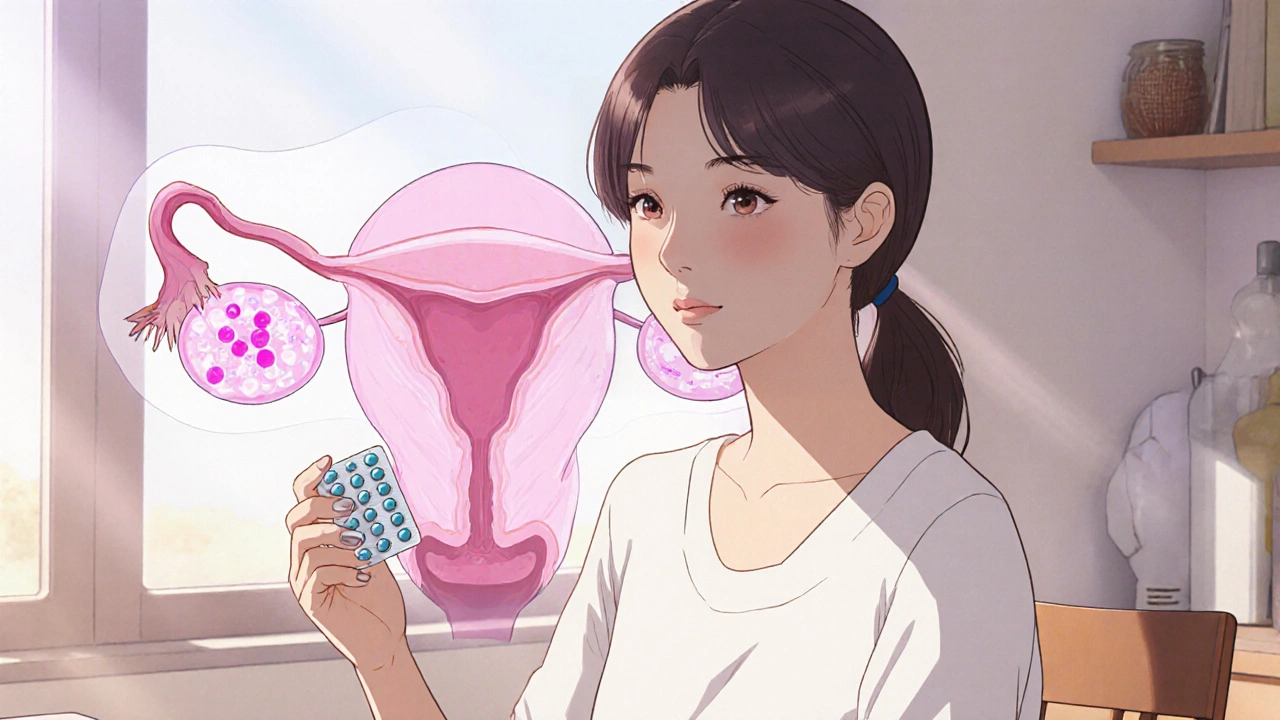Ectopic Pregnancy: Signs, Risks, and What You Need to Know
When a fertilized egg attaches itself outside the uterus—most often in a fallopian tube—it’s called an ectopic pregnancy, a non-viable pregnancy that can cause severe internal bleeding if untreated. Also known as a tubal pregnancy, it’s not just rare—it’s dangerous. About 1 in 50 pregnancies is ectopic, and without quick action, it can turn into a medical emergency. Unlike a normal pregnancy, this one can’t survive, and the growing tissue can rupture the organ it’s stuck in, leading to heavy bleeding and shock.
What makes it tricky is that early symptoms look a lot like a normal pregnancy: missed period, nausea, breast tenderness. But then come the red flags—sharp, one-sided pain in the lower belly, dizziness, shoulder pain (from internal bleeding irritating the diaphragm), and vaginal spotting. If you’re pregnant and feel sudden, severe pain, don’t wait. Go to the ER. Doctors check hCG levels, the pregnancy hormone that rises slower in ectopic cases and use ultrasound to find where the embryo is. If it’s outside the uterus, treatment is urgent—either medication to stop the pregnancy or surgery to remove it.
Some factors raise your risk: past pelvic infections, previous ectopic pregnancies, tubal surgery, or using an IUD when you got pregnant. Smoking and age over 35 also increase chances. But many women with ectopic pregnancies have no known risk factors—that’s why awareness matters. If you’ve had a positive test and any unusual pain, get checked. It’s not about being paranoid—it’s about catching it before it’s too late.
The posts below cover real-world health scenarios you might not expect to connect to ectopic pregnancy—but they do. From how certain medications affect reproductive health, to how chronic inflammation can impact fertility, to what to do when your body sends mixed signals during pregnancy, these articles give you the full picture. You won’t find fluff here—just clear, practical info from people who’ve been there or treated those cases. Whether you’re worried about symptoms, recovering after treatment, or just trying to understand what went wrong, you’ll find answers that matter.

Clomiphene and Ectopic Pregnancy: Essential Facts & Risks
Learn how clomiphene may affect ectopic pregnancy risk, recognize warning signs, and get practical steps to stay safe during fertility treatment.
Read More